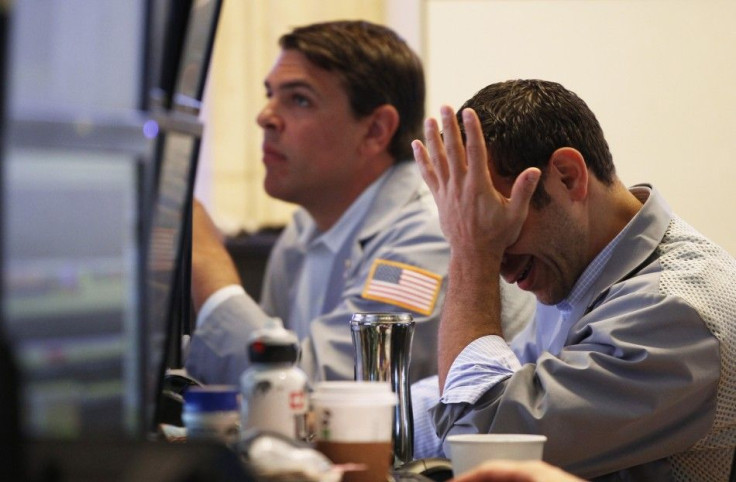U.S. Investors Anxiously Await Market Reaction to S&P?s Debt Downgrade

International Business Times spoke to Tom Sowanick, co-president and chief investment officer of Omnivest Group in Princeton, N.J., about how he thinks markets will react to Standard & Poor’s stunning decision to downgrade the long-term sovereign credit rating of the U.S. government from AAA to AA+.
IBTIMES: Were you surprised by S&P’s downgrade, even though they had warned about it months ago?
SOWANICK: Yes, I was a bit surprised that they acted so quickly without waiting for the November committee recommendations. Having said that, the biggest disappointment is that it took this long for one rating agency to cut the credit quality of the U.S.
IBTIMES: Do you expect Moody’s and Fitch to follow suit?
SOWANICK: It is not clear that Moody's or Fitch will follow suit and cut the U.S. credit rating, especially given the $2 trillion calculation difference between S&P and the administration.
IBTIMES: Do you expect Treasury yields to surge this week?
SOWANICK: I do not expect U.S. Treasury yields to soar based on a one-notch downgrade. I believe that the market was well prepared for the downgrade.
IBTIMES: What will happen with pension funds and certain bond funds which are required to only hold AAA rated securities?
SOWANICK: I do not believe that the one-notch downgrade will impair pension funds or bond funds that can only own AAA rated securities. We have to remember that two of the three rating agencies still have an AAA rating [on U.S. government debt] and that is enough to maintain portfolios as they were.
IBTIMES: China, Japan and others own a huge amount of U.S. Treasuries. Can they sell of any of these holdings, or are they stuck since they need to keep buying dollars to keep their currencies cheap?
SOWANICK: The negative for Japan holding U.S. Treasuries is that they are [now] at risk of suffering from currency depreciation and bond price depreciation.
But, Japan must be getting quite comfortable with the U.S. dollar sitting at multiple-year lows against the yen. In other words, Japan has been suffering from currency losses for quite some time without reducing U.S. holdings by any significant amount. China, on the other hand, controls the Yuan/dollar peg, therefore China can absorb an orderly decline in the value of the U.S. dollar or U.S. bond prices more readily than Japan.
In conclusion, I would not expect a radical change in the investment discipline of either Japan or China based on the recent downgrade of the U.S.
© Copyright IBTimes 2024. All rights reserved.











